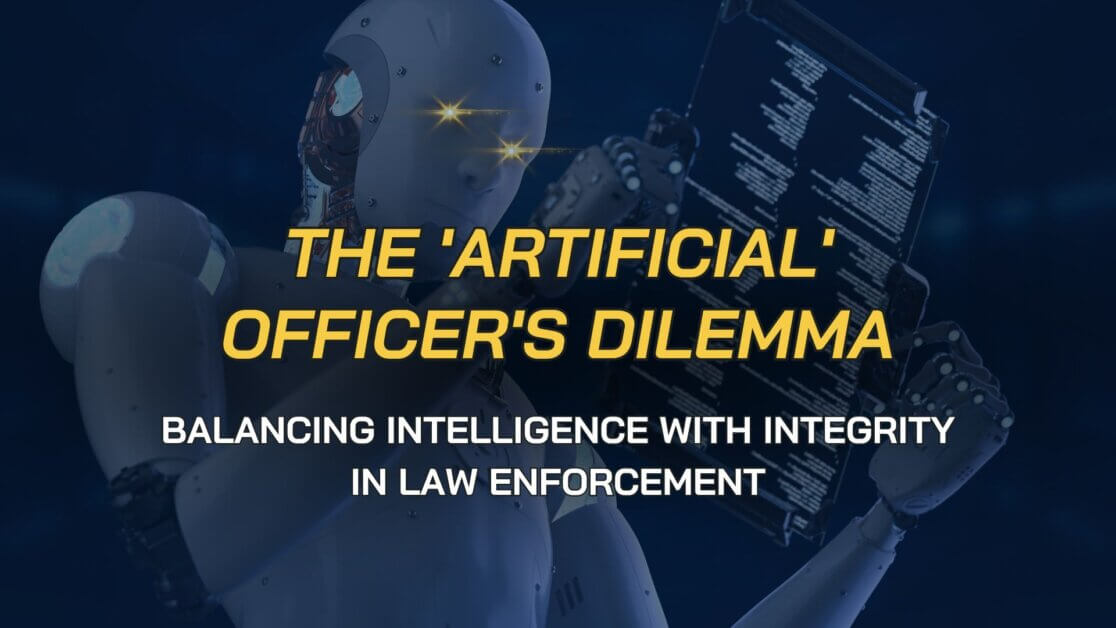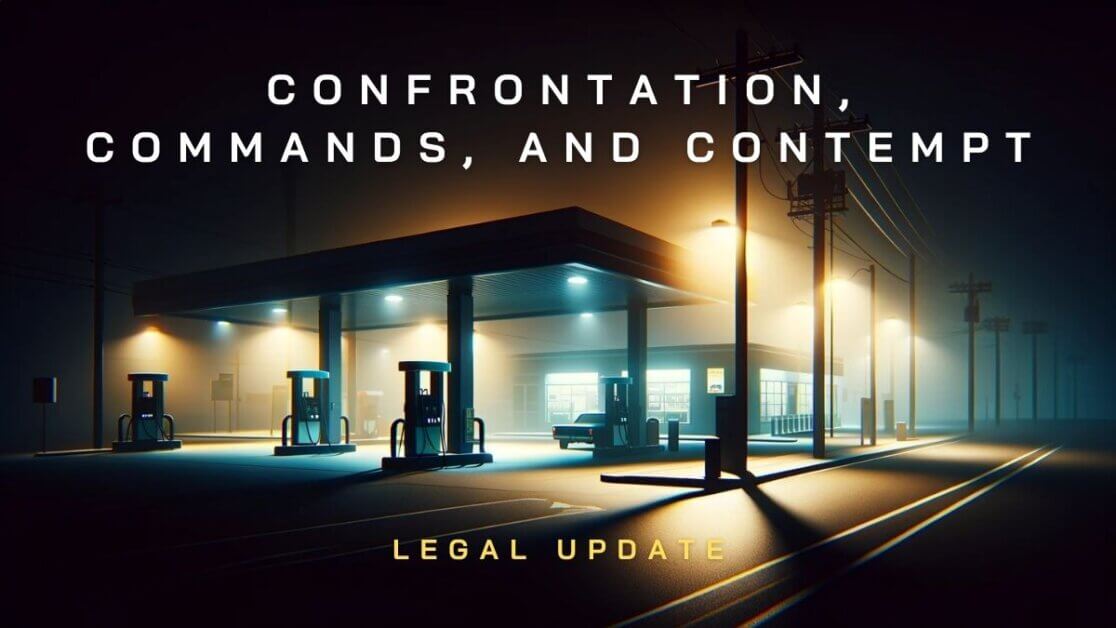Today’s case out of the 8th Circuit examines the automobile exception. According to this search rule, police may conduct a warrantless on-the-scene search of a motor vehicle based on probable cause to believe that it contains contraband or evidence of a crime. The scope of the search is defined by the nature of probable cause and includes any and all places and containers in the vehicle that are capable of containing the contraband or evidence. This includes the personal effects of any occupant capable of containing the items, whether or not probable cause was developed specifically as to a particular occupant.
The defendant in today’s case tried to use the idea of mobility that is present in the automobile exception to his advantage. Under the automobile exception, the Supreme Court has held, “if a car is readily mobile and probable cause exists to believe it contains contraband,” police officers may search it without a warrant. The key word here according to our defendant, is mobile. Let’s see if his word play worked out for him.
FACTS
Police officers responded to a report of gunshots fired at an apartment complex. Various 911 callers reported that three potential suspects were involved and that two black cars were involved, including a black Dodge Charger. When an officer arrived at the apartment complex, he saw Shaun Short walking in the parking lot near a black Dodge Charger. Officer Miller recognized Short as matching the description reported by one of the 911 callers as a black male with dreadlocks wearing a white shirt and blue pants. The officer approached Short and asked him a series of questions regarding the reported gunshots. After placing Short in handcuffs, the officer detected a strong odor of marijuana emanating from the rear driver’s side window of the Charger, which was open an inch or two.
The officer called a narcotics officer to the scene. After the narcotics officer smelled the odor of marijuana coming from the Charger, officers searched the car. The officers found approximately two grams of marijuana and an identification card for Short, indicating that he lived in the apartment complex.
In the meantime, elsewhere at the apartment complex, officers identified two individuals reportedly involved in the shooting. Both men admitted to their involvement in the shooting and stated that they had come to the complex to purchase marijuana from Short. Based on this information as well as the evidence seized from the Charger, officers obtained a warrant to search Short’s apartment. In Short’s apartment, officers found approximately 70 grams of marijuana, baggies with marijuana residue, $12,000 in cash, working digital scales, and two firearms.
Prior to trial, Short filed a motion to suppress the evidence found during the warrantless search of the Charger. The district court denied the motion, holding that the smell of marijuana gave the officers probable cause to search the vehicle under the automobile exception to the Fourth Amendment’s warrant requirement.
EIGHTH CIRCUIT COURT OPIONION
On appeal, Short did not contest the district court’s conclusion that the smell of marijuana gave the officers probable cause to search his vehicle. Instead, Short argued that the automobile exception did not apply because his car was parked in the apartment complex lot with a flat tire, thereby rendering it immobile.
The Eight Circuit Court of Appeals disagreed. The court stated that Short had failed to cite any case in which a court had found that the automobile exception does not apply when the vehicle to be searched is temporarily immobilized. Instead, the court pointed to an unpublished opinion in the Eighth Circuit and published opinions in the Fifth and Tenth Circuits, which have held to the contrary. The court held that it was undisputed that the officers had probable cause to search Short’s vehicle, and that an easily repairable flat tire did not cause the vehicle to lose its inherent mobility. Accordingly, the court held that the automobile exception applied, and the district court denied Short’s motion to suppress the evidence seized from his vehicle.
TAKEAWAYS
Some important takeaways here: it strengthened our officer’s case that he brought a narcotics expert to the scene before searching the vehicle. We have seen cases unravel in the past because probable cause was not fully proven when an officer may not be an expert in a specific area. Also, mobile or not, an automobile is an automobile. The Eighth Circuit Court even argued that having a flat tire does not make your vehicle immobile. Many states have an on-the-scene requirement to the automobile exception, stating that a search is valid only if conducted on-the-scene of the stop, meaning once the vehicle is removed from the scene – for whatever reason – the authority to conduct an automobile exception search ends. A subsequent search of the vehicle must be conducted pursuant to a warrant or another exception to the warrant requirement, such as an inventory search.
United States v. Short, 2021 U.S. App. LEXIS 19242 (8th Cir. IA June 29, 2021)



